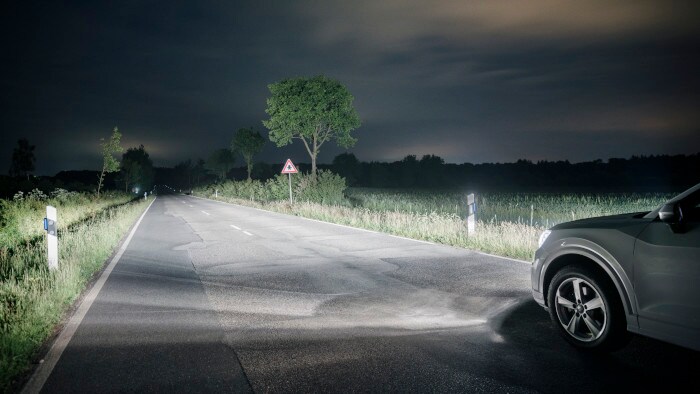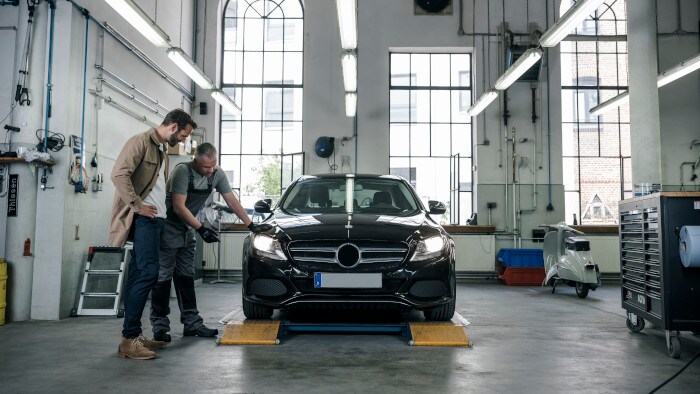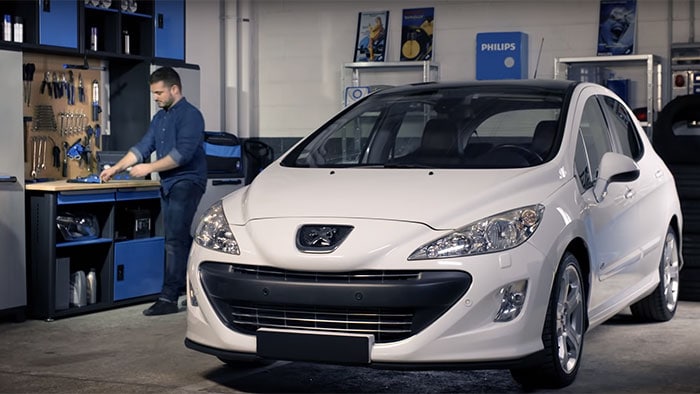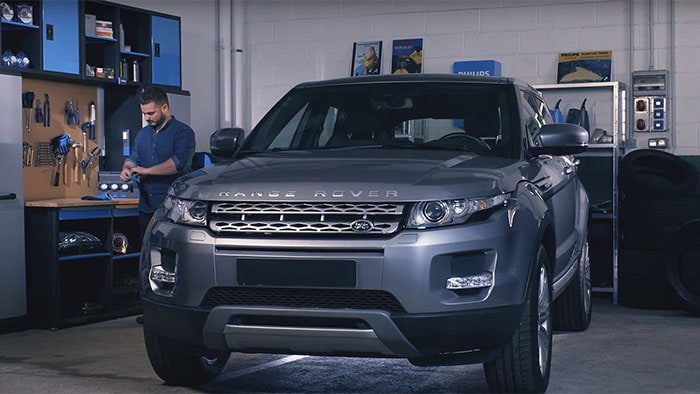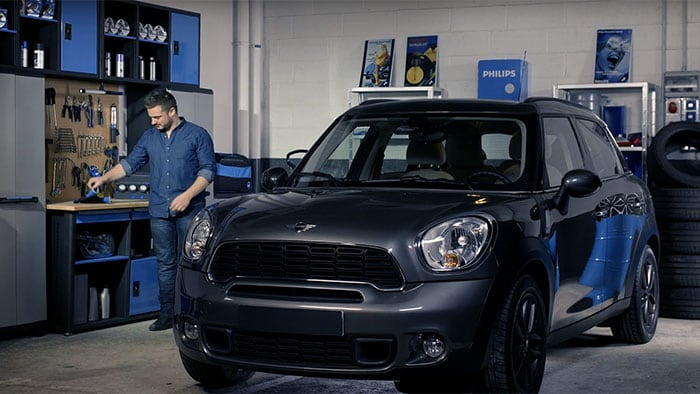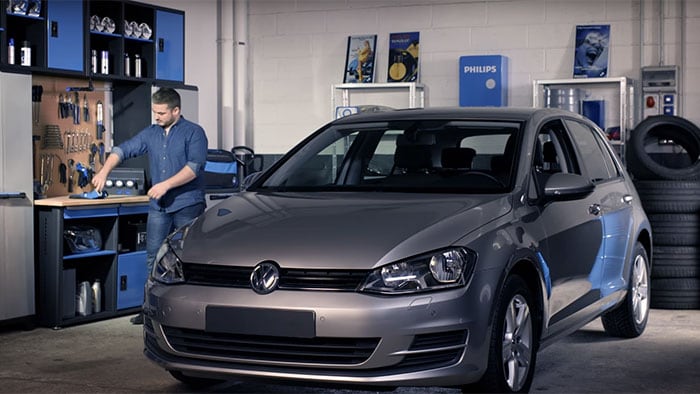Artificial intelligence: the augmented motorist
Artificial intelligence is everywhere – in our cell phones, our computers, our homes and in our cars too. Sensors and cameras are creating genuine personal assistants that turn motorists into wonder drivers. Artificial intelligence in our cars? Yesterday part of a Hollywood ultra-futurist movie script or some crazy research scientist’s fantasy, artificial intelligence (AI) is now a fact of daily life. It even reaches inside our cars. More precisely, AI has already become the driver’s personal assistant. On the one hand, AI is used in driving aids (like Advanced Driver Assistance Systems or ADAS) fitted as standard by car manufacturers to detect white lines, obstacles (such as pedestrians or animals) or to maintain a safe distance from the vehicle in front. On the other, it powers voice-recognition systems like Mercedes’ MBUX, a virtual personal assistant that learns the driver’s habits and preferences to anticipate their needs. Rather like the indispensable Google Home or Amazon’s Alexa. AI will also play a major role in tomorrow’s self-driving cars, guiding them without human help while ensuring the comfort of the ‘driver’ and passengers. Want to travel in a vehicle cabin at 68°F while listening to a Mozart requiem? AI will take care of it for you. Research by IHS Markit shows that, while only 8% of new cars featured AI-based systems in 2015, that proportion should rise no less than 109% by 2025. For good reason, too. Artificial intelligence is far more than a gadget, at least when it comes to cars. Its guiding principle is safety – of the driver and all other road-users – watching over them with extreme vigilance. It can even compensate for such minor human frailties as lapses of concentration. Some systems use a camera coupled with a series of sensors to analyze the driver’s eyes and the angle of their head to ensure they aren’t drifting off to sleep. If necessary, an audible warning is triggered. This technology can also be used in case of illness. If, after several visual and audible prompts, the AI system detects no driver reaction, it can take control of the vehicle, activate the hazard lights and automatic braking, even park the car on the roadside. The power of super vision While these intelligent driving aids are generally becoming better known, fewer people are aware that AI is also being used in our car lighting systems. Yet over the last two years, some carmakers have started fitting adaptive LED headlamps to their new models. This means that the car’s main beam adapts to its environment, lighting up or dimming objects detected on the road ahead. In practice, such intelligent lighting systems filter the beam to avoid dazzling other drivers but increase the lighting intensity when approaching an obstacle or a road sign. Certain types of intelligent headlamp even use data from the GPS navigation system to provide predictive lighting. When the car comes up to an intersection for example, the navigation system proactively warns the headlights, enabling them to adapt their beams accordingly. In future, artificial intelligence will enable the development of high-resolution headlight systems driven by new micro-LED technology. This advanced technology, already available, will make it theoretically possible to illuminate the smallest dot in the landscape or even to project lines or signs on to the road ahead to help the driver. The ultimate goal is to improve the quality of human vision and to reduce the number of night-time accidents, which still account for most of today’s road-traffic accidents.
The new, improved driver
You might also be interested in:
-
![Bright connections]()
Bright connections
Click here to learn more -
Good bulbs, bad bulbs
Click here to learn more -
![Improve your lights]()
Improve your lights
Click here to learn more -
![Change bulbs in pairs]()
Change bulbs in pairs
Click here to learn more
Find the right bulb for your car
Guide to finding the right bulb
Discover more

Where to buy
Purchase Philips Automotive products online or at a store near you
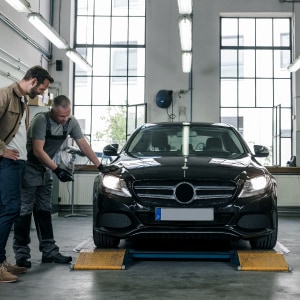
Automotive Support
Do you need a replacement Philips headlights for your car?
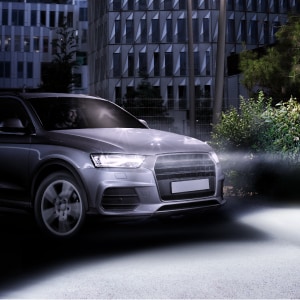
Philips product authenticity
Philips highest priority to provide maximum satisfaction for customers who buy genuine Philips products
How to replace your headlights?
How to replace headlight bulbs on your Peugeot 308
How to replace headlight bulbs on your Range Rover Evoque
How to replace Mini Cooper Countryman headlight bulbs
How to replace headlight bulbs on your Volkswagen Golf VII

